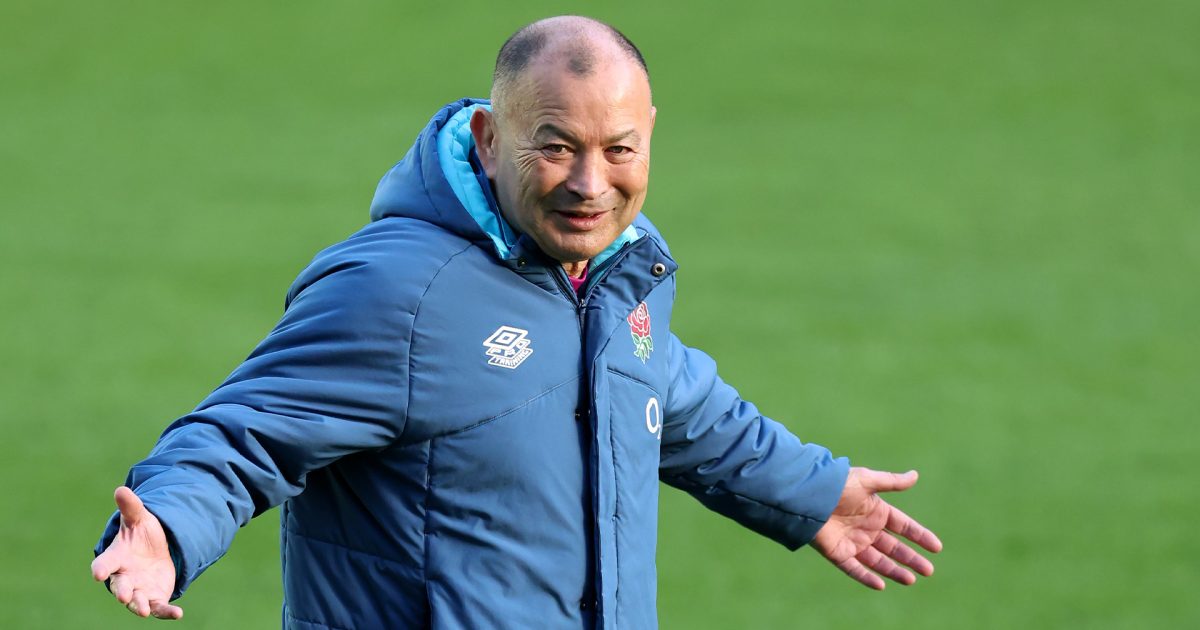Where it all went wrong for Eddie Jones and England

Eddie Jones has been sacked after seven turbulent years as England head coach that have produced highs and lows in equal measure.
Here, the PA news agency answers the key questions surrounding his reign.
– Why was Jones appointed?
The stars aligned for the veteran ‘super-coach’ at the 2015 World Cup as Japan’s unprecedented success, headlined by a stunning upset of South Africa, coincided with England’s failure to reach the knockout phase for the first time.
Having appointed the inexperienced Stuart Lancaster in 2012, the Rugby Football Union then sought his opposite – a seasoned campaigner with a proven track record in the international game. Enter Eddie Jones.
– Was he not a success to start with?
Unquestionably. The early days were dizzying – a Grand Slam in his first Six Nations in charge, a 3-0 series whitewash of Australia and a world record-equalling 18-Test winning run were glorious validation that the RFU made the right call.
All this was achieved with virtually the same players who had bombed so spectacularly at the home World Cup in 2015. Everything he touched turned to gold.
– So where did it go wrong?
The first real fault line emerged in 2018 in the form of a six-game losing run that brought with it a fifth-place finish in the Six Nations, but cracks had already started appearing.
The extraordinary churn of backroom staff had begun – evidence of his demanding and attritional management style – and he was equally happy to pick fights in public, calling out players, coaches, club owners and media.
During the 2018 tour to South Africa he was warned about his conduct by Twickenham chiefs and, not for the last time, the mood music from behind the scenes was of a coach close to the sack.
– But England bounced back at the 2019 World Cup, right?
Yes, but in many ways the impact made in that tournament was emblematic of what England had become under Jones.
A kind route to the knockout phase – their group game against France was cancelled because of a typhoon – was followed by a poor Australia being swept aside and New Zealand being crushed in sensational fashion in the semi-finals. But barely a shot was fired in the final against South Africa on a day of crushing disappointment.
Jones’ England rollercoaster was operational before and after Japan, but those seven days against the All Blacks and Springboks was its most extreme example.
– So he had earned the right to continue?
Dismantling New Zealand extended Jones’ reign, but arguably it should have ended there as originally intended.
England won the coronavirus-interrupted Six Nations and Autumn Nations Series in 2020, but performances were poor and the wheels came off the following year when they finished fifth in the Championship.
A cull of senior players followed, but they were eventually reinstated, and his coaching team was overhauled yet again. Some great young talent was blooded, but England had lost their way – muddled, bereft of identity and neutered by a toothless attack.
– What was the final straw?
For the third time under Jones, the Six Nations finished with three defeats.
The RFU backed him, seeing his fine record against southern hemisphere teams as crucial for mounting a challenge at the 2023 World Cup, but Jones’ position was no longer looking unassailable.
A 2-1 series victory over Australia in July initially justified the decision but a collapse before South Africa in the climax to an abject autumn saw the RFU’s patience run out, with its board approving the decision by a review panel to bring his reign to an end.

























































